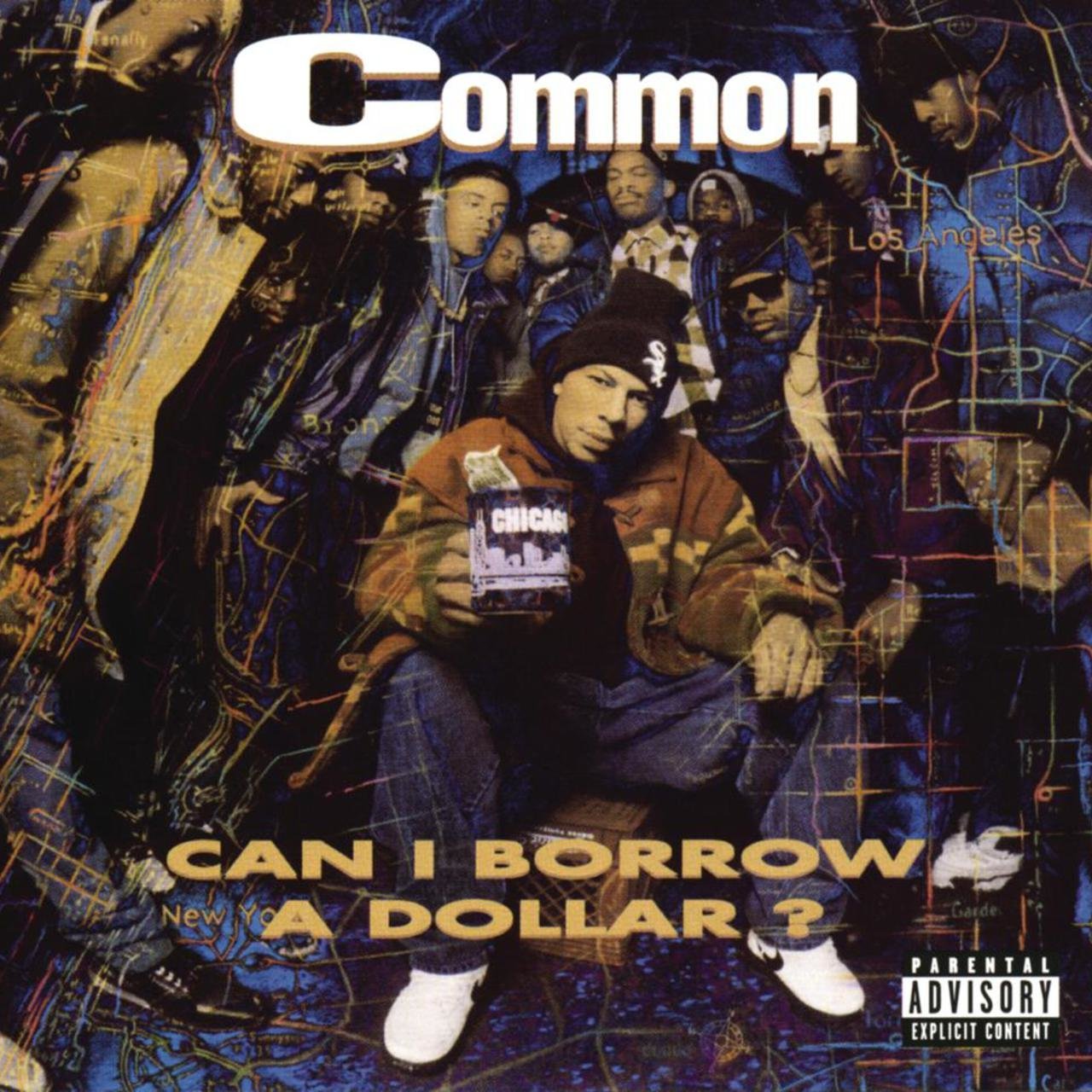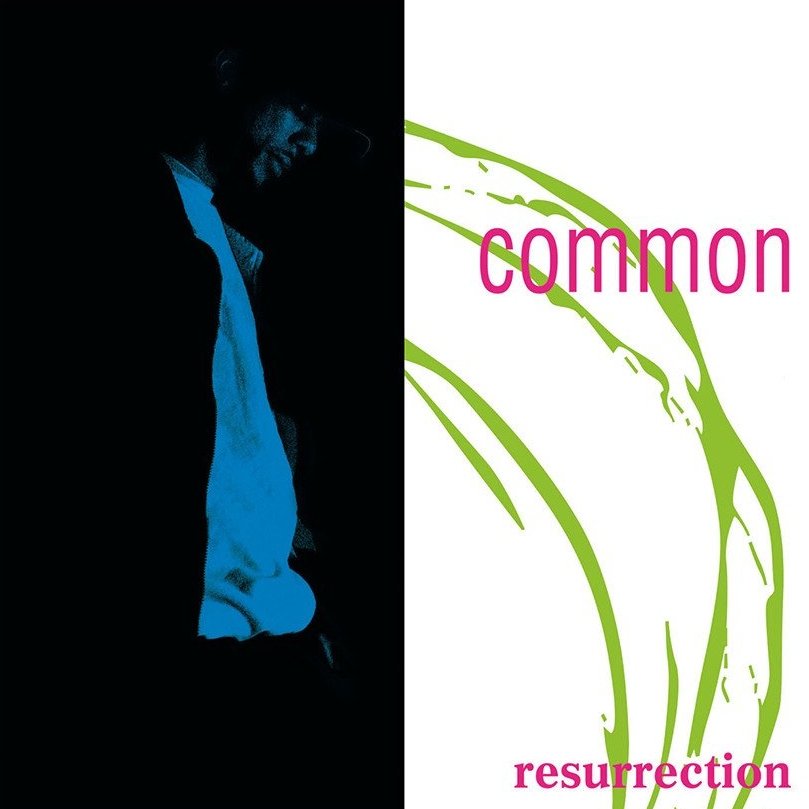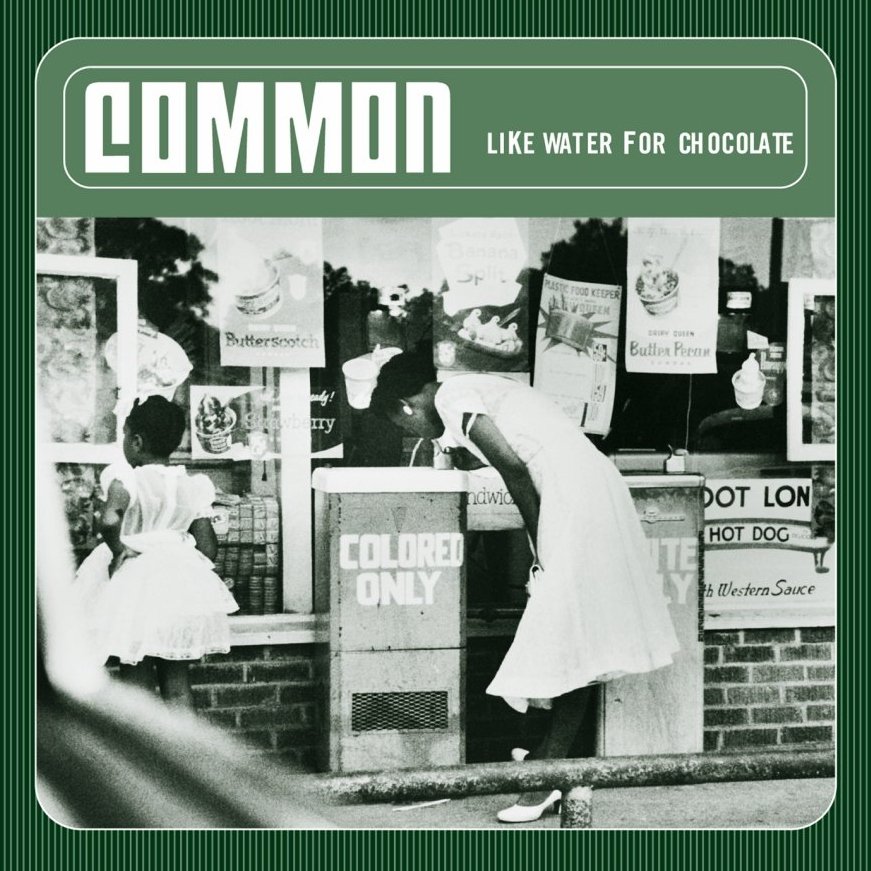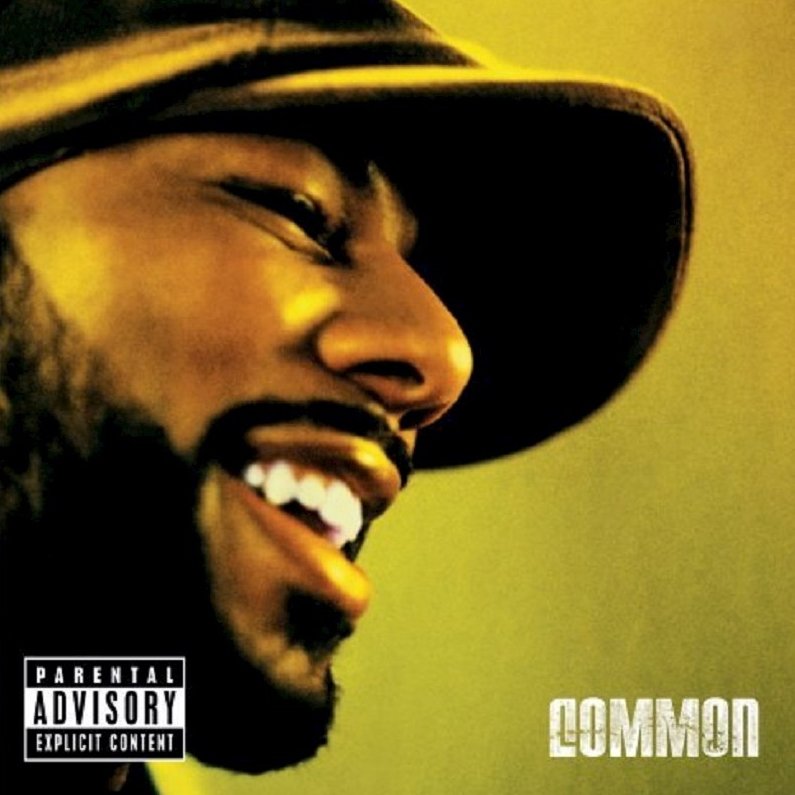Happy 20th Anniversary to Common’s fifth studio album Electric Circus, originally released December 10, 2002.
Common’s fifth album Electric Circus is a daringly ambitious endeavor that wears its heart on its record sleeve. A glance at the album cover reveals a collage of faces (some famous, some not) staring out with Common himself front and center. The parallels with The Beatles’ Sgt. Pepper's Lonely Hearts Club Band are immediate and obvious. It’s not only the collage of figures that hints at this scale of ambition, but also the typeface used to emblazon the album title across the top of the cover, which bears a striking resemblance to that used on the Beatles’ idiosyncratic work of genius.
The faces here though are the great and the good of Common’s sphere. Musicians who contribute to the album, those who are long departed, and family members jostle for position in Common’s world—‘Common Sense’s Soulful Hip Hop Land’ if you will. And boy those contributors are something else. Some contributors (Questlove, James Poyser, J Dilla) are wholeheartedly in keeping with the Soulquarian stylings that dominated Electric Circus’ precursor Like Water for Chocolate (2000). Others though are less expected like Laetitia Sadier of Stereolab lending her dreamy Gallic charms to “New Wave.”
But nothing compares to the Holy Grail of guest spots that lurked unheralded on “Star * 69 (PS With Love).” At first glance, the only featured artist is the eerily-falsettoed Bilal. But a deeper look at the microscopic liner notes reveals a guest musician to top all others: Prince. What a coup. Having spent most of his time studiously avoiding that newest generation of adoring disciples, here he pops up on keys and guitar on a track that bottles some of his sinuously seductive sexual stylings.
Common’s earliest albums (as evidenced in previous Albumism celebrations) were straight up hip-hop stylings mainly produced by No I.D., before his major label debut Like Water for Chocolate brought the Soulquarians to the table to deliver success that allowed him the opportunity to spread his wings and record the most daring record of his career thus far.
Like most things in life, the reason for this ambitious step was simultaneously both complex and simple. Simply put, the stars lined up and an air of adventure hung heavy in the Electric Ladyland studios, as the series of thrillingly vital albums from this family of neo-soul artists emerged to an audience in thrall to this newest incarnation of the greatest art form known to humankind.
Questlove would also opine in his warm, witty and entertaining 2013 memoir Mo’ Meta Blues: The World According to Questlove that at least part of the reason for Common’s growing propensity for musical experimentation was his relationship with Erykah Badu. Not only was Common exposed to the relentless creativity of his then-fiancé, but her ex and father of her child, OutKast’s André 3000, was in the midst of recording his own opus The Love Below (2003), and Badu was still part of his world in raising their child together. Did word of 3000’s masterpiece reach the competitive ears of Common? Competition is a great motivator, mind you.
Questlove would later rescind this line of thought but it certainly seems plausible. After all, what are we, if not the product of our relationships and environment? And, by extension, what is our art if not a direct consequence of those same things? One thing is for certain though—the album bristles with invention, energy and ambition.
Not all of those fêted guest spots work in the grand scheme of things. Pharrell Williams’ ubiquitous features seem somehow phoned in from another album. Though Mary J. Blige’s ever-earnest vocals on “Come Close” and “I Got A Right Ta” possess a certain amount of hubris and swagger, neither track fits the overarching mood and feel of the album. Other than these exceptions though, the album twists and turns relentlessly, with almost as much emphasis on Common’s wordplay as on its wide-ranging musical palette.
“Ferris Wheel” opens the album in the most perfectly warped way. Featuring precisely zero rhymes and an eerily cascading carousel tune, it is an obtusely impactful way to set the tone for what follows. “Soul Power” punches incessantly like pistons as Common declares he is “the nympho of info / I’m fucking what you heard”– a 21st century extension of James Brown’s declaration of blackness.
“Aquarius” appears through the vapor clouds on a wave of disparate cultural references. Prince’s Under the Cherry Moon, Yoruba god Oshun, civil rights leader Mary Bethune, George Foreman and basketballer Darius Miles all rub shoulders as Common rhymes his way to power alongside Jef Lee Johnson’s funkdafied guitar wailing.
Common sits astride “Electric Wire Hustle Flower” like a fallen archangel to the accompaniment of grand guignol gothic backing vocals opening up with “blood and magic dripping from me,” whilst the standard rap issue theme of “The Hustle” is enlivened by the always glorious UK soul legend Omar and Laetitia Sadier’s whimsical Wurlitzer-sprinkled chorus does the same to “New Wave.”
Enjoying this article? Click/tap on the album covers to explore more about Common:
The aforementioned “Star * 69 (PS With Love)” may have Prince on keys, but the lyrical content bears none of his sensual hallmarks, bogged down as it is by cliché. Musically though, it creeps and seduces in equal measure propelled by Bilal’s indescribable falsetto and the low-slung groove that The Purple One contributes to. “Between Me, You and Liberation” is a somber, worthy tale and “Jimi Was a Rock Star” bears the unmistakable mark of Erykah Badu—a frenetic driving incantation spiraling off ad infinitum.
Though some would say the musical ambitions outweigh Common’s lyrical touch (and they may be right, compared to some of his other albums), this misses the impact Electric Circus exerted upon hip-hop at large. Taken in combination with other albums such as Mos Def’s 2004 LP The New Danger (perhaps even less well loved), it demonstrated that there were no limits for hip-hop. Gone were boundaries that dictated what was expected of the genre. Would Kendrick Lamar have been inspired to craft the transcendent To Pimp a Butterfly (2015) without Electric Circus?
Who else would ride a swing jazz rhythm with the best singer of her generation (Jill Scott) on the staggeringly joyful “I Am Music” and make it sound cooler than a polar bear’s toenails? Or for that matter, finish the album with a hip-hop spiritual that explores the meaning of heaven in a world short of love? Common, that’s who. You know it makes sense.
LISTEN:
Editor's note: this anniversary tribute was originally published in 2017 and has since been edited for accuracy and timeliness.





